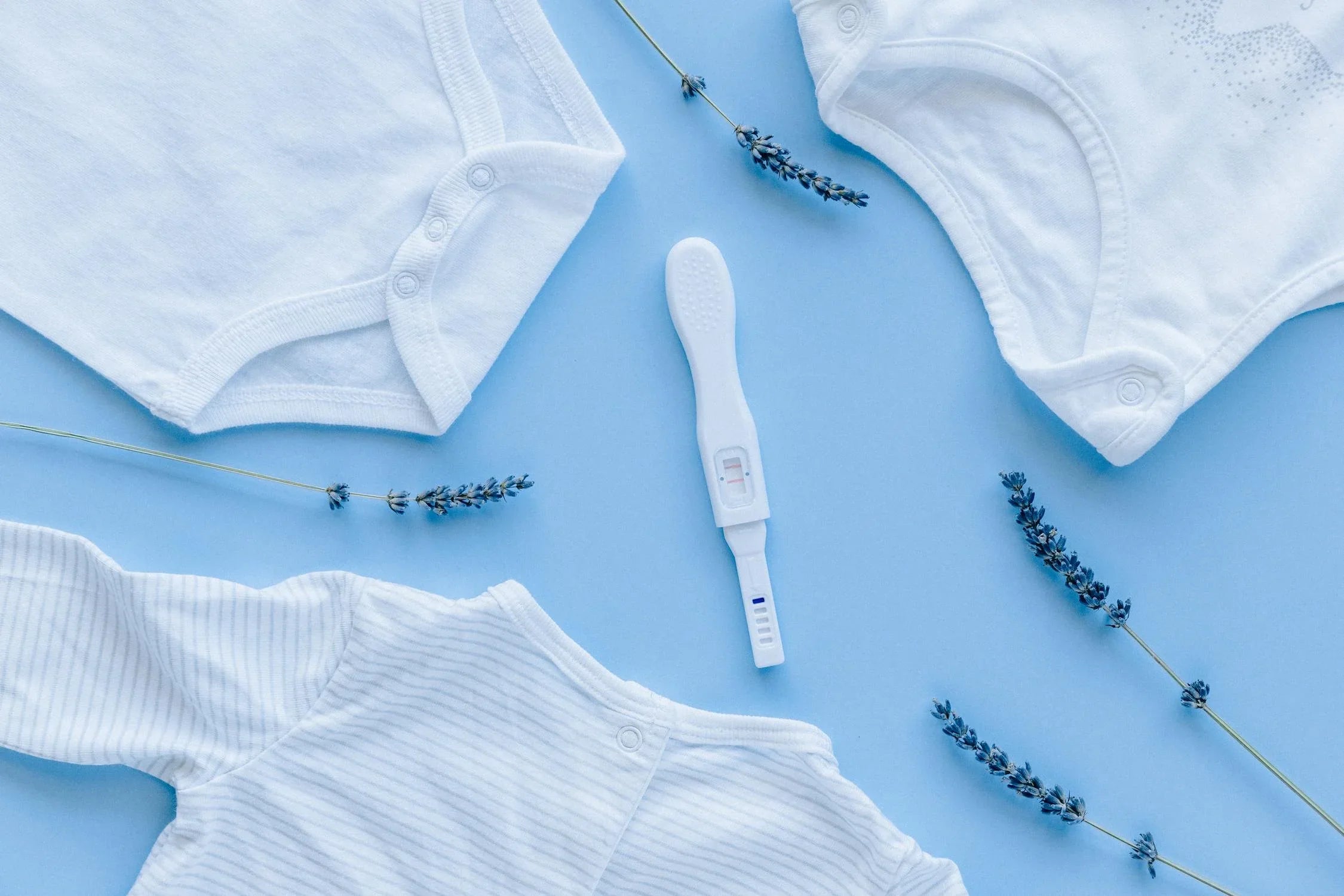Accueil
Pregnancy, Breastfeeding, and Pumping: The Ultimate Guide for Moms
Does Drinking Too Much Water Affect a Pregnancy Test?

Does Drinking Too Much Water Affect a Pregnancy Test?
When it comes to taking a pregnancy test, accuracy is paramount. Many women wonder if drinking too much water can affect the results. This article delves into the science behind pregnancy tests, how hydration levels play a role, and what you can do to ensure you get the most accurate reading possible.
Understanding Pregnancy Tests
Pregnancy tests work by detecting the presence of human chorionic gonadotropin (hCG), a hormone produced during pregnancy. Most tests are designed to detect hCG in urine, making them convenient and easy to use at home. However, the concentration of hCG in your urine can be influenced by various factors, including how much water you drink.
How Hydration Affects Urine Concentration
When you drink a lot of water, your body processes it and eliminates the excess through urine. This can dilute the concentration of hCG in your urine, potentially making it harder for a pregnancy test to detect the hormone. While most tests are sensitive enough to detect hCG even in diluted urine, excessive water intake could lead to a false negative result.
Timing Matters
The timing of your test can also impact its accuracy. For the most reliable results, it's generally recommended to take a pregnancy test first thing in the morning when your urine is most concentrated. If you've been drinking a lot of water throughout the day, waiting until the next morning can help ensure that your urine has a higher concentration of hCG.
Other Factors to Consider
While hydration is an important factor, it's not the only one that can affect the accuracy of a pregnancy test. The sensitivity of the test, the timing of implantation, and even certain medications can all play a role. It's always a good idea to follow the instructions provided with your test and consult a healthcare professional if you have any doubts about the results.
Ensuring Accurate Results
To maximize the accuracy of your pregnancy test, consider the following tips: take the test first thing in the morning, avoid drinking excessive amounts of water beforehand, and follow the test instructions carefully. If you receive a negative result but still suspect you might be pregnant, wait a few days and test again or consult a healthcare provider for further testing.
Understanding how drinking too much water can affect a pregnancy test is crucial for getting accurate results. By being mindful of your hydration levels and timing your test appropriately, you can increase the likelihood of obtaining a reliable reading. Always remember that when in doubt, seeking professional medical advice is the best course of action.
Partager

